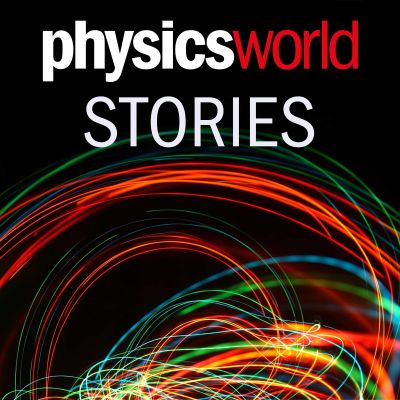Physics is full of captivating stories, from ongoing endeavours to explain the cosmos to ingenious innovations that shape the world around us. In the Physics World Stories podcast, Andrew Glester talks to the people behind some of the most intriguing and inspiring scientific stories. Listen to the podcast to hear from a diverse mix of scientists, engineers, artists and other commentators. Find out more about the stories in this podcast by visiting the Physics World website. If you enjoy what you hear, then also check out the Physics World Weekly podcast, a science-news podcast presented by our award-winning science journalists.
https://physicsworld.com/a/an-orchestral-trip-through-the-moons-of-our-solar-system/
Physics World 30th anniversary podcast series – high-temperature superconductivity
Physics World has recently turned 30 and we are celebrating with a five-part podcast series exploring key areas of physics. This fourth episode in the series explores how high-temperature superconductivity research has evolved over the past three decades since the phenomenon was first observed.
In the late 1980s there was a lot of hype surrounding these materials because of the many exciting applications that would follow. Among the promised spin-offs were lossless transmission lines, lossless magnetism and levitating trains. All of these applications have been demonstrated to some extent but it is also fair to say that high-temperature superconductors are not as ubiquitous as some had hoped.
In this podcast, Andrew Glester picks up the story to find out more about the history of high-temperature superconductivity and its prospects for the future. He catches up with the physicists Elizabeth Blackburn from Lund University in Sweden and Stephen Hayden from the University of Bristol, UK.
If you enjoy the podcast, then take a listen to the first three podcasts in the 30th anniversary series. Glester began in October by looking at the past and future of particle physics before tackling gravitational waves in November and then nuclear fusion in January. Don’t forget you can also subscribe to Physics World Stories via Apple podcasts or your chosen podcast host.
